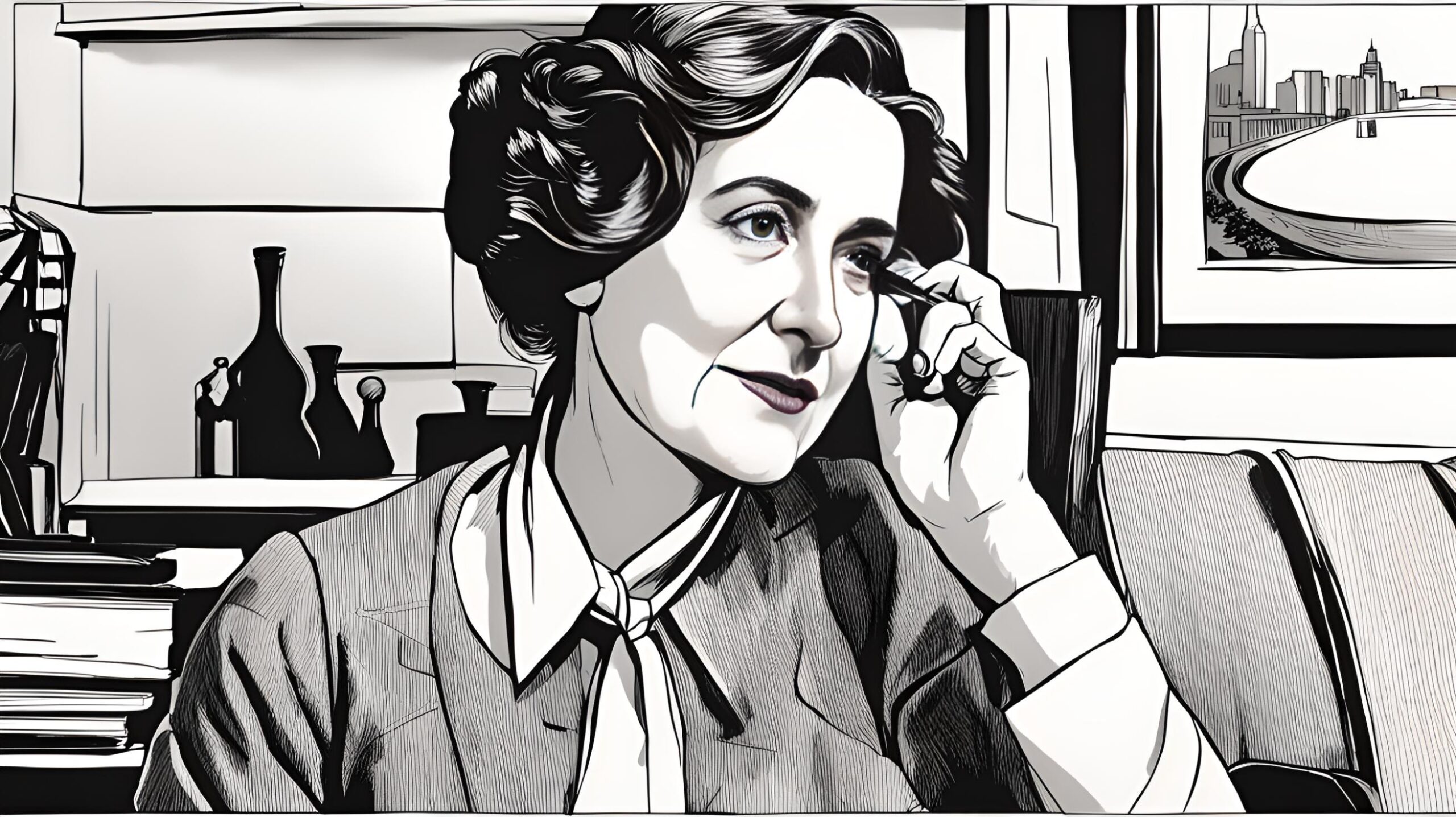Flashback to December 10
American History

The world of diplomacy and international relations changed forever on December 10, 1906, when one of America’s most beloved presidents, Theodore Roosevelt, was awarded the Nobel Peace Prize. This event marked the first time an American had been awarded this coveted honor, an achievement that showcased America’s growing influence and commitment to peace on the global stage at the turn of the twentieth century.
President Theodore Roosevelt, known for his charismatic personality and groundbreaking policies, stood out as a vibrant beacon of peace in a time characterized by burgeoning international tensions. He was a president who was not afraid to take the path of diplomacy and peace, even when it was not the most straightforward route. His resolve was pivotal in resolving the Russo-Japanese War, a significant conflict that threatened to disrupt the balance of global power during the early 1900s.
This significant event, the awarding of the Nobel Peace Prize to an American, signals the increasing recognition of the U.S.’s role in the maintenance of global peace and security. Numerous prominent figures in politics and academia have noted that Roosevelt’s receipt of the Nobel Peace Prize was a turning point in how the international community viewed America. It marked the nation’s transition from a burgeoning power to a key player in diplomatic affairs and conflict resolution.
Roosevelt’s successful mediation of the Russo-Japanese War was the key reason behind his being awarded the prestigious Nobel Peace Prize. He played an instrumental role in organizing a peace conference in Portsmouth, New Hampshire, sidelining antagonism and placing the pursuit of peace paramount. These efforts culminated in the Treaty of Portsmouth, signaling the end of the Russo-Japanese War and earning Roosevelt global plaudits.
Before this event, the United States was still finding its footing in international affairs. However, President Roosevelt’s dynamic leadership painted America as a bastion of peace, setting a standard for future American presidents. This transformative event catapulted the United States onto the world stage as a superpower capable of mediating peace in the face of conflict. It showcased the country’s diplomatic prowess and its potential in reshaping the global political landscape.
Moreover, the significance of the first American being awarded the Nobel Peace Prize cannot be understated in terms of its historical and socio-political context. At a time when Europe dominated these prestigious awards, America’s achievement marked a shift in influence and prestige. It was a validation of America’s efforts in fostering peace, promoting democracy, and protective power politics.
Roosevelt’s delicate handling of the Russo-Japanese War was an embodiment of his policy, commonly referred to as “speak softly, but carry a big stick.” As well as being an authoritative figure and maintaining a strong military presence, Roosevelt was also a diplomat, always ready to utilize peaceful methods when necessary. This balance between diplomatic negotiation and military strength has been a defining feature of American foreign policy since Roosevelt’s tenure.
Detailing President Theodore Roosevelt’s awarding of the Nobel Peace Prize also underlines the role of the Nobel Peace Prize in global diplomacy. It exemplifies the importance of diplomatic negotiation in times of conflict and underscores how respected international recognition can spur other nations to commit themselves to the causes of diplomacy and peace.
President Theodore Roosevelt’s receipt of the Nobel Peace Prize on December 10, 1906, was not merely a personal achievement but a milestone in American history. It was a significant recognition for American diplomacy and negotiation skills and symbolized the country’s commitment to international peace and security. This event further established the United States as an influential player on the global stage and set a standard for its future diplomatic initiatives.
We strive for accuracy. If you see something that doesn't look right, click here to contact us!
Sponsored Content

American Jane Addams named…
Celebrated American social activist,…

First American awarded Nobel…
On December 10, 1906,…

Massachusetts Bay becomes first…
On December 10th, 1690,…

In Saint Louis, Missouri,…
Experiencing a cosmic event,…

Worst snowstorm in Buffalo…
Discover the story of…

